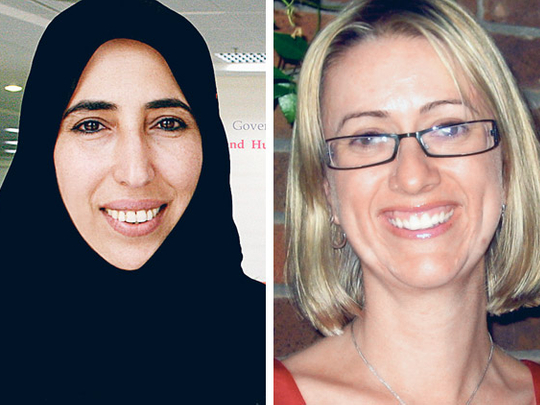
Abu Dhabi: With as much as 21 to 25 per cent of Emirati students in the UAE dropping out of public schools after their second year, regulatory bodies and education ministries are attempting to come up with quick solutions to put a stop to this.
While there are no quick solutions, Dr Fatma Al Merri, Member of the Board of Directors, CEO of the Dubai School Agency, Knowledge and Human Development Authority (KHDA), affirmed that the UAE Ministry of Education (MoE) has already designed a draft law regarding the importance of mandatory education.
The proposal will be submitted to the council of ministers for approval soon.
According to Dr Fatma, the high student dropout rates are connected to both social and financial issues. "Continuous absences, correctional discipline and lack of supervision in certain schools are some of the reasons why students drop out.
Social responsibilities
Other students have social responsibilities towards their family members and rush to find jobs before finishing their secondary education," said Dr Fatma, who added that employers should help encourage student dropouts to continue their education in line with their work, what she called "their social responsibility".
Dr Natasha Ridge, Acting Director of Research, Dubai School of Government, spoke about three key components needed to be introduced in school curriculums in order to create a knowledge-based economy in the UAE, namely, flexibility, creativity and risk taking.
Little flexibility
"The UAE has a highly centralised national curriculum with little flexibility for teachers to interpret a curriculum that best suits their students. For that reason, teachers should be granted freedom to interpret standards suitable for their classrooms, that will meet the needs of their particular students," Dr Ridge said.
Many private schools after Grade 9 do not teach subjects such as drama or creative music, she added.
"We need to help teachers be creative in what they include in their subjects and to allow educators from all levels to experiment what they see as best teaching methods for their students," Dr Ridge said. "The current education system in the UAE discourages risk, which is part of the reason whey there are very few Emirati students studying in private schools."
During his speech on quality standards in teacher education, Professor Ian R. Haslam, Dean of Bahrain Teachers College, University of Bahrain, called for an education reform that has fewer regulations and rules.
Bilingual teachers
"With teachers arriving from all over the world to teach in schools across the UAE, and many teachers coming from the region, it will definitely pose a challenge for any regulatory body. We need to mobilise the school system and recruit bilingual teachers," Professor Haslam said.
Professor Ralph Tabberer, Chief of Schools, GEMS Education, said: "When you think about education, you need to look at the behaviour of teachers themselves, engage with them, and try to change their skill levels."












